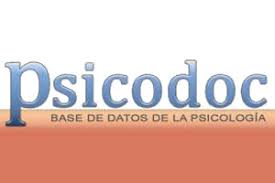This journal provides open, immediate access to its contents, based on the principle that offering the public free access to research helps to promote a higher global exchange of knowledge.
As such, all journal articles are published under a Creative Commons Attribution-NonCommercial-ShareAlike 4.0 International License (CC BY-NC-SA), by which commercial use of the original work or its possible derived works is not allowed, and the distribution thereof must be done with the same license elements regulating the original work.
http://creativecommons.org/licenses/by-nc-sa/4.0/
Abstract
The present article is focused on the study of families whose father has migrated to the United States of America (USA), leaving his wife and children in Mexico, sometimes with the hope of meeting all together or in other times with the clear idea that the father will go back and forth, sometimes “here” and sometimes “there”. This pattern has been widely described for authors such as Suárez-Orozco, Todorova and Louie (2002) and labeled as an “ambiguous loss” (Boss, 2001). The main objective of this research was to describe the coping strategies of family members whose father migrates to the USA by extended periods of time. A qualitative research approach was used to study this phenomenon in a community at Zapopan, Jalisco, Mexico. The coping strategies of these families during separation are described, along with the concepts of parentification and filial responsibility, which are inserted within the “relational stress” that migration implies. The theory of Structural Family Therapy is also used to show how these families are able to maintain the paternal image and authority, despite his absence. It was also noted a supportive role played by the extended family when the father was lacking and also a continuous and meaningful communication between the migrant father and his family as a coping strategy for this process. It was concluded that the family members that stay at the country of origin look at the ambiguity (being present/being absent) as the main element to cope with during separation.





















